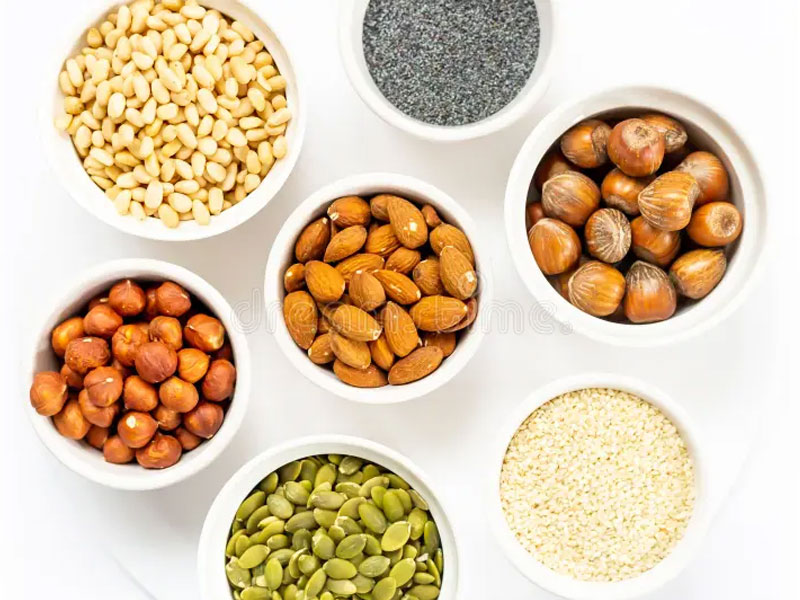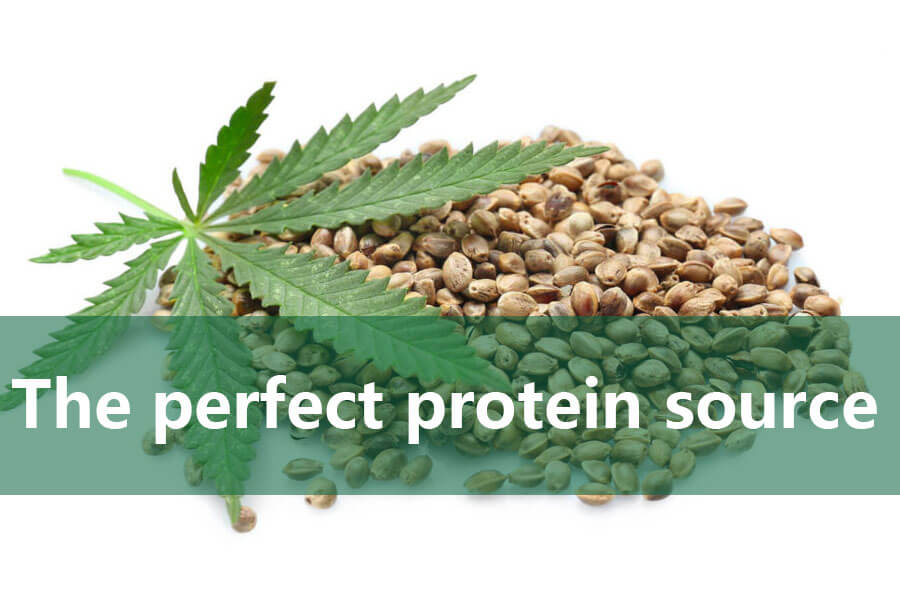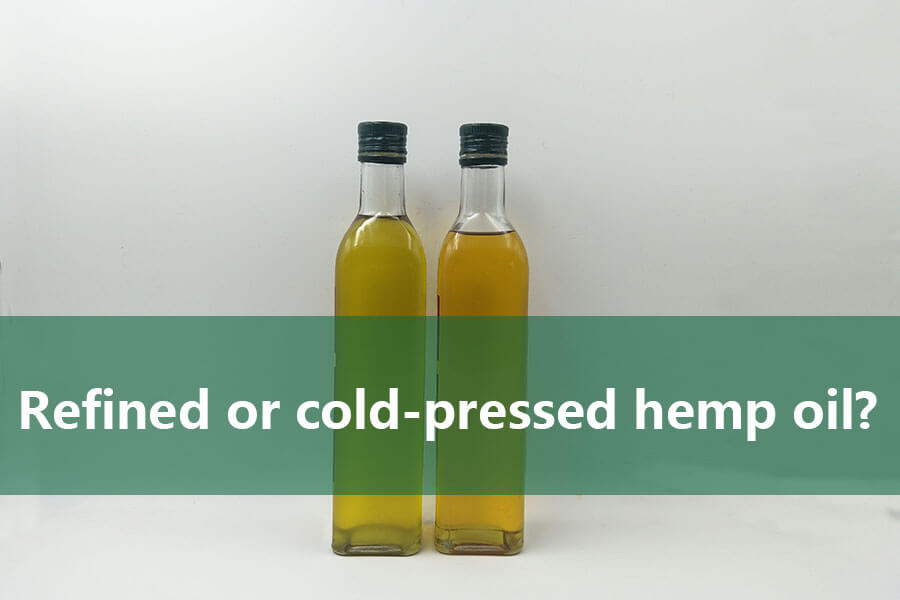In the world of nutrient-dense snacks, organic hemp seed hearts are emerging as a game-changing alternative to traditional nuts. While almonds, walnuts, cashews, and peanuts dominate pantry shelves, hemp seed hearts—also known as shelled hemp seeds or hemp hearts—offer unique benefits that cater to modern health, dietary, and environmental needs. Let’s dive into how these tiny green powerhouses compare to popular nuts and why they deserve a spot in your daily diet.

Nutritional Face-Off: Hemp Seed Hearts vs. Nuts
| Nutrient (per 30g) | Hemp Seed Hearts | Almonds | Walnuts | Cashews | Peanuts |
|---|---|---|---|---|---|
| Protein | 10g (complete protein) | 6g | 4.3g | 5g | 7g |
| Omega-3 Fatty Acids | 2.5g (ideal 3:1 omega-3:6 ratio) | 0g | 2.6g (but high omega-6) | 0g | 0g |
| Fiber | 3g | 3.5g | 2g | 1g | 2.4g |
| Magnesium | 210mg (50% DV) | 76mg | 44mg | 82mg | 48mg |
| Iron | 3.3mg (18% DV) | 1mg | 0.8mg | 1.7mg | 1.3mg |
| Allergy Risk | Nut-free & hypoallergenic | High allergy risk | Low allergy risk | Moderate allergy risk | High allergy risk |
| Sustainability | ✅ Low water use, carbon-negative crop | ❌ High water use (1,900L per 30g!) | 🟡 Moderate | 🟡 Moderate water use | 🟡 Moderate |
Why Hemp Seed Hearts Outshine Traditional Nuts
1. Complete Protein, Zero Compromises
Hemp seed hearts provide all 9 essential amino acids, making them a rare plant-based complete protein. Nuts like almonds or cashews lack sufficient lysine or methionine, requiring pairing with other foods to fill nutritional gaps.
2. Perfect Omega Balance
While walnuts are rich in omega-3s, their omega-6 content is 4x higher, creating an inflammatory imbalance. Hemp seed hearts’ 3:1 omega-3:6 ratio supports heart health, reduces inflammation, and promotes brain function.
3. Allergy-Friendly & Digestible
Nuts are among the top allergens globally. Hemp seed hearts are nut-free, gluten-free, and gentle on sensitive stomachs, making them safe for schools, workplaces, and families.
4. Mineral Density
Hemp hearts pack 2x more iron than almonds and 5x more magnesium than walnuts, supporting energy, muscle function, and immunity.
5. Planet-Positive Farming
Hemp grows in 4 months, uses 90% less water than almonds, and regenerates soil by absorbing CO2. Almond farming, by contrast, consumes 10% of California’s water annually.
Taste, Texture & Culinary Versatility
- Mild, Nutty Flavor: Less overpowering than walnuts or pecans, blending seamlessly into sweet and savory dishes.
- Soft Texture: No need to soak—unlike hard almonds or chewy cashews.
- Uses:
- Smoothie Bowls: Sprinkle over acai or yogurt.
- Baking: Replace 25% of flour in muffins or bread.
- Salads: Add crunch without overwhelming other flavors.
- Energy Bars: Mix with dates and cocoa for no-bake snacks.
Cost & Accessibility
While hemp seed hearts are pricier than peanuts or cashews, their nutritional ROI is unmatched. A 30g serving provides 2-3x more protein and minerals than most nuts, reducing the need for supplements.
Who Should Choose Hemp Seed Hearts?
- Vegans & Vegetarians: Complete protein without combining foods.
- Fitness Enthusiasts: Muscle repair with BCAAs and iron.
- Eco-Conscious Consumers: Lower water footprint than nuts.
- Allergy-Prone Individuals: Safe, nutrient-dense alternative.
- Busy Parents: Sneak greens-friendly nutrition into picky eaters’ meals.
The Nutty Verdict
While almonds, walnuts, and cashews remain tasty staples, organic hemp seed hearts offer a superior blend of nutrition, sustainability, and inclusivity. They’re not just a snack—they’re a statement for better health and a healthier planet.
Ready to upgrade your pantry? Swap nuts for hemp seed hearts and taste the future of food.
#HempHearts #SuperfoodShowdown #PlantBasedProtein #SustainableEating #AllergyFriendly


